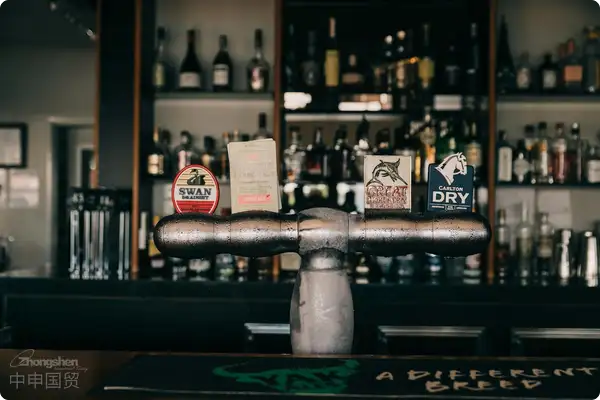- Shanghai Zhongshen International Trade Co., Ltd. - Two decades of trade agency expertise.
- Service Hotline: 139 1787 2118

The Real Cost Beneath the Beer Foam
Last year, a client excitedly told me: 'Mr. Wang, I found a batch of lager beer in Germany with a CIF price cheaper than domestic beer!' However, upon customs inspection, it was found that the malt concentration exceeded the limit and needed to be taxed as distilled liquor, resulting in a 37% higher comprehensive cost. This case reminds us:The hidden costs of imported beer often lie in product parameters and HS codes.
Avoid three fatal misconceptions
- Misconception 1: Focusing only on FOB price
- Belgian abbey beer requires a religious certification of origin
- Japanese craft beer labels must indicate 'use of hop products' in Chinese
- Misconception 2: Blindly pursuing niche categories
- Products with special fermentation processes may be classified as blended liquor
- Beer containing fruit ingredients requires separate food additive filing
- Misconception 3: Ignoring regional channel characteristics
- Qingdao Port has special explosion-proof requirements for beer packaging
- Inland ports require pre-reporting of constant-temperature transport plans
Customs Clearance Code Decryption Guide
| Link | Traditional approach | 2025 optimized solution |
|---|---|---|
| Label review | Modifying Chinese labels after arrival | Requiring suppliers to pre-apply scratch-off anti-counterfeit labels |
| Tax payment | Declaring each shipment individually | Applying for bulk commodity summary taxation |
Practical Product Selection Roadmap
When successfully helping a client import Czech Pilsner beer this year, we adopted a three-step strategy:① Using samples for pre-classification rulings Filing Customs: ② Requiring the factory to provide fermentation curve diagrams Filing Customs: ③ Submitting process descriptions to customs in advance. Ultimately achieving customs clearance within 48 hours from berthing, 60% faster than the industry average.
Secrets Hidden in Customs Databases
- German beer must note the malt extract concentration threshold (11.5°P)
- American craft beer requires TTB certification documents
- Korean Cass beer series qualifies for China-Korea FTA tariff rates
A recent negative case: A client imported Dutch white beer without a liquor distribution license, resulting in 3,000 cases being detained in a bonded warehouse for two months. This painful lesson tells us,Professional matters must be handled by professionals.
Related Recommendations
? 2025. All Rights Reserved. Shanghai ICP No. 2023007705-2  PSB Record: Shanghai No.31011502009912
PSB Record: Shanghai No.31011502009912










